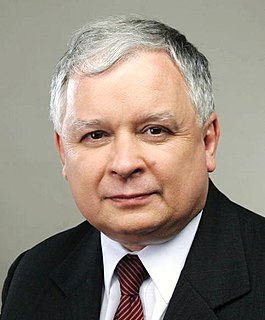A Quote by Geoff Capes
One thing which frustrates me about state pensions is the disparity between EU countries.
Related Quotes
unlike other countries, we're not skeptical at all when it comes to EU expansion. In fact, we are in favor of admitting Ukraine and Turkey. In this sense, one can hardly say that we are focusing unilaterally on our own national interests. Austria, for example, has held up the negotiations for Turkey's admission to the EU. Why am I against deeper involvement in the EU? There are several reasons for that.
There are a few minority governments in Europe, but I think the largest member state would be well-advised to establish a government that can rely on a clear parliamentary majority. Think about EU summits. If the chancellor were forced to obtain support from parliament for each and every detail, it would slow the work of the EU.




































